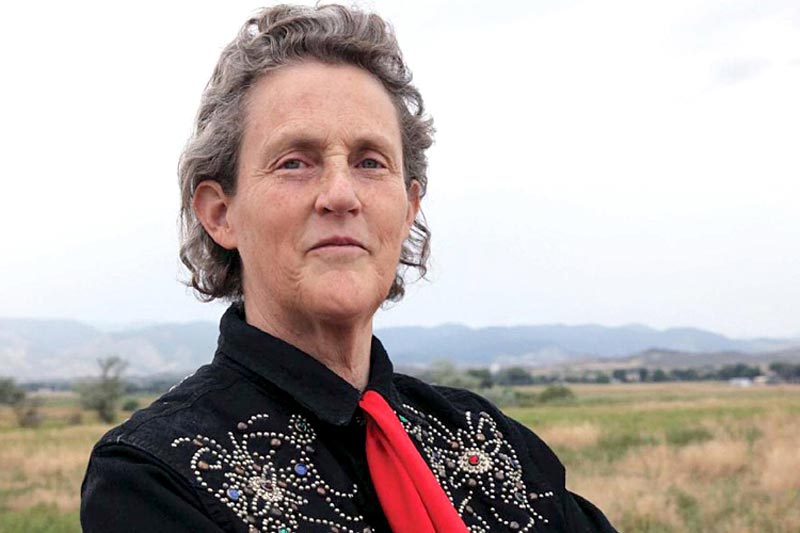About ten years ago, I had the opportunity to hear a speech by Temple Grandin, an icon in the world of autism. She holds a Ph.D., and is an expert in animal behavior, as well as an advocate for those on the spectrum. I don’t remember details from her talk, but one thing she said stood out. Grandin emphasized that, to help children with autism succeed in life; parents need to keep their focus on their child’s strengths and unique interests.
I remember thinking, “Easy for her to say.” Here was someone who was high functioning enough to go to college, who had this clear area of interest. This all seemed light years away from my son and his limitations. It seems terrible to admit, but I simply couldn’t connect the idea of “strengths” to my son.
At that time, we were devoting hours to therapy, the painstaking process of helping my son do things like learn to talk, or identify the names of common household items, or learn how to hold a crayon. These things, which come as easily as breathing to typically developing kids, required hours of drilling for my son to be able to do. For me, focusing on what needed to be done seemed crucial. Recognizing my son’s strengths in the face of all these deficits seemed like a frustrating, and even frivolous, thing to do
But over the years, I have been thinking about what Grandin said. And, as I’ve thought about how best to serve my son, the meaning of her statement has changed for me. Instead of asking myself, “What are my son’s strengths?” I try to see the whole person my son is, the strengths as well as the weaknesses. I’ve turned the question into, “Can I wholeheartedly accept who my son is?”
At times, “yes.” And at times, wholehearted acceptance is hard for me.
Really, there are two ways of viewing my son. And they dovetail with the two wishes that I have for him:
I want my son to improve, to grow and develop as much as he can.
I want to my son be embraced for who he is right now.
Raising my son has been about balancing acceptance with pushing for change. Deep down, I just want to love him and not think about all the skills he lacks. But, if I had spent all my time appreciating, and not teaching, my son, he wouldn’t be where he is today. He wouldn’t be talking or dressing himself. Helping him to grow has been a matter of putting him through the paces of learning new things. He wouldn’t voluntarily do any of it.
When I am deep in the zone of my expectations for my son, accepting him becomes more difficult. I find myself bemoaning my own sense of who I wanted my son to be. I tend to see all the ways that I have failed him, comparing myself to other parents who must be doing a better job. And after a while, I realize that, instead of seeing my son, I’m seeing a project that seems endless and frustrating .
On the other hand, when I can clear away this perennial to-do list, and my son comes clearly into view, I see wonderful things. He has an amazing facility for music, and I marvel at his ability to make up catchy melodies, or sing a harmony when his favorite song is on the radio. He has an uncanny ability to win at any Wii game I have played with him. He loves cats, and calmly perseveres in petting them nicely, even when they scratch or bite him. He is a calm and happy soul and he projects an energy that makes people smile.
The struggle between the two poles, accepting and wanting to see improvement, comes so often because every moment with my son could be looked upon as teachable. What does it mean to fully accept my son, when I keep trying to push him forward? Can acceptance, and the push for change, co-exist?
I realize that this is not only a conflict for parents of children who have autism. It is really the struggle of every parent I know. There is so much we want for our kids, and there are times it doesn’t fit with who they really are. We need to respect their uniqueness…and, at the same time, we need to set rules, to guide them as best we can, to help them develop skills so that they can get what they want from life. And somehow, we have to know how to navigate that often-precarious balance between accepting and encouraging change.
Sometimes, I wish there were some kind of playbook, or a few more guidelines. But I know that, as parents, we each have to forge our own path. And I think that we learn something in the tension between these two seemingly incompatible wishes. Maybe it is in this struggle, that we come face to face with our humanity and develop compassion…not only for our children, but also for ourselves.

